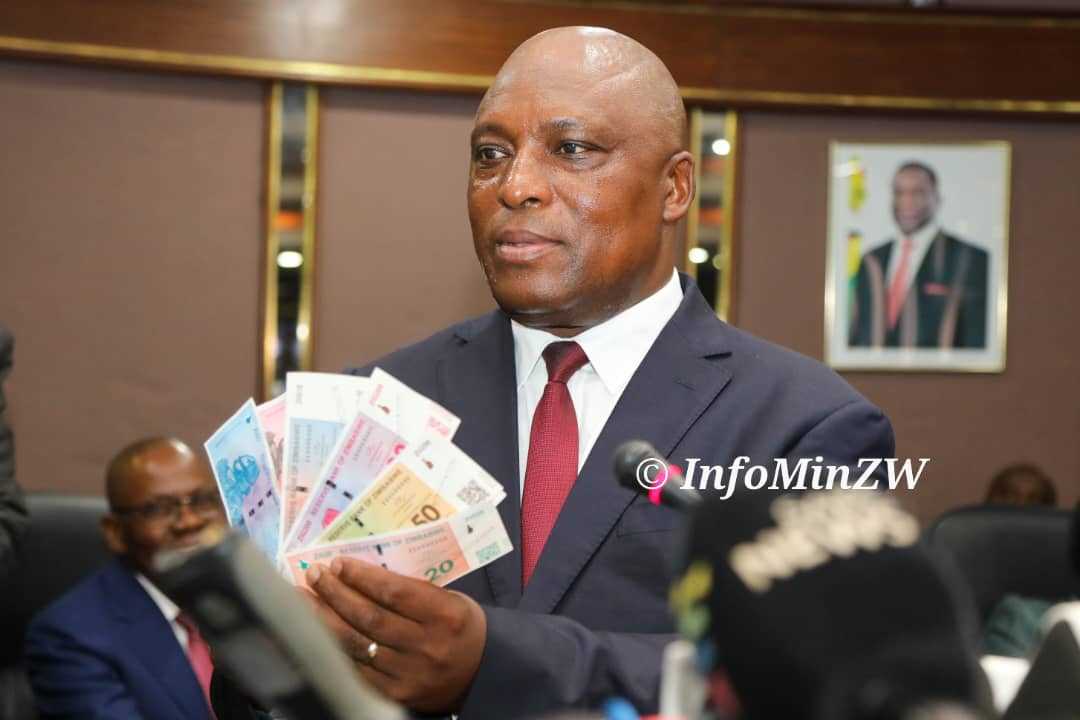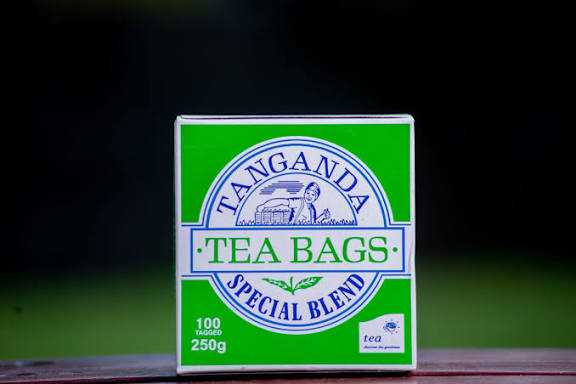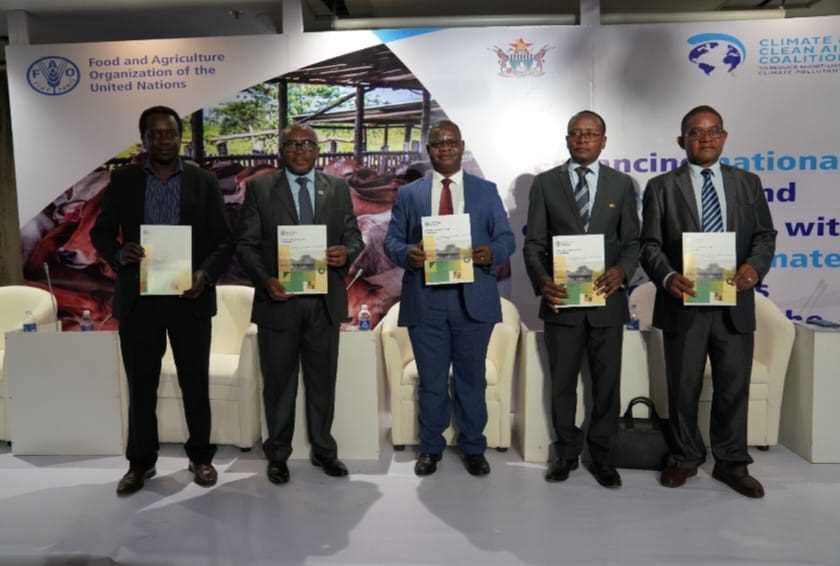
Nyashadzashe Ndoro
ZIM NOW REPORTER
The Reserve Bank of Zimbabwe announced a significant shift in its foreign exchange policy, discontinuing the Foreign Exchange Auction System and adopting a market-determined exchange rate system.
The move comes alongside the introduction of a new structured currency, the ZiG.
In a directive issued to authorised dealers, the RBZ outlines the new regulations. The FEAS, which was last held in December 2023, has been officially terminated.
Outstanding auction allotments will be addressed by converting them into a two-year ZiG-denominated investment instrument with an interest rate of 7.5% per year. This aims to provide a clean slate for the new system while offering recipients a measure of value preservation.
The core of the new system, according to the central bank, is a Willing-Buyer-Willing-Seller trading arrangement. Authorised dealers, including banks and bureaux de change, will now purchase foreign currency from sellers at a market-determined exchange rate and then sell it on to importers with legitimate foreign currency requirements.
The RBZ notes that authorised dealers must adhere to Know Your Customer and Anti-Money Laundering/Combating the Financing of Terrorism principles throughout this process. Daily reporting is required to ensure transparency.
Related Stories
Exporters are still mandated to surrender 25% of their earnings to the Reserve Bank, but these transactions will now be conducted at the prevailing market rate. The surrendered amount will be converted into a one-year ZiG-denominated instrument with the same 7.5% interest rate.
Standardised foreign currency retention thresholds remain in place, with most sectors required to sell 75% of their foreign currency earnings and small-scale gold producers keeping 100%. Existing exemptions will be allowed to expire without renewal.
“Authorised Dealers and all exporting entities are required to adhere to these standardised foreign currency retention thresholds. All previously granted exemptions shall, however, run up to maturity and there shall be no renewals,” says the RBZ.
The directive also facilitates investment on the Zimbabwe and Victoria Falls Stock Exchanges by non-residents. Authorised dealers can now open special ZiG-denominated accounts for non-resident investors trading on the Zimbabwe Stock Exchange and foreign currency accounts for those using the Victoria Falls Stock Exchange.
The export of domestic currency remains limited to the equivalent of US$1 000, with a formal Statutory Instrument expected soon.
The RBZ is expected to closely monitor compliance with the new regulations through inspections. Penalties will be imposed for violations of Exchange Control rules.
Th International Monetary Fund through a Staff-Monitored Programme mission earlier this year recommended to the authorities accelerated reform of the FX market through discovery of a market driven price and the removal of the exchange rate distortions that included the restriction for trading margins for pricing domestic transactions to 10 percent.
https://zimbabwenow.co.zw/articles/8285/imf-predicts-3-growth-deceleration-in-2024
“The FX market reform should be accompanied by establishing an effective framework for exchange rate and monetary policies. Establishing such a framework requires careful preparations, including, among other steps, comprehensively addressing underlying sources of fiscal pressures,” said IMF head of mission Wojciech Maliszewski




















Leave Comments